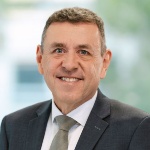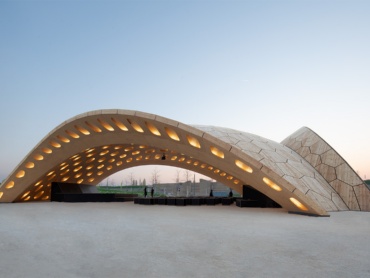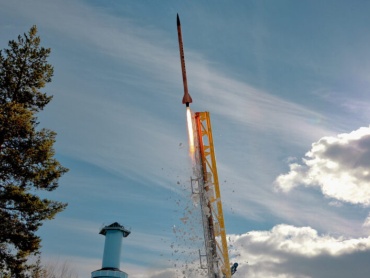
We are one of Germany's leading research universities
In 2022, the University of Stuttgart raised 287 million euros in external funding in 2022, including 110 million from the federal government, 63 million from the German Research Foundation, and 20 million from the European Union.
The interdisciplinary research profile of the University of Stuttgart is backed by a large number of research projects: From large-scale research projects as part of the Excellence Strategy to multi-million euro, sometimes transregional, Collaborative Research Centers and projects funded by the European Union. In addition, there are a wide range of other research activities of various types and sponsors. The university also enjoys a close working relaitonship with industrial partners.
Excellent conditions for research, studies and cooperation
You might also be interested in
[Photos: ICD/ITKE/University of Stuttgart, HyEnD / University of Stuttgart]

Manfred Bischoff
Prof. Dr.Vice Rector for Research and Sustainable Development



